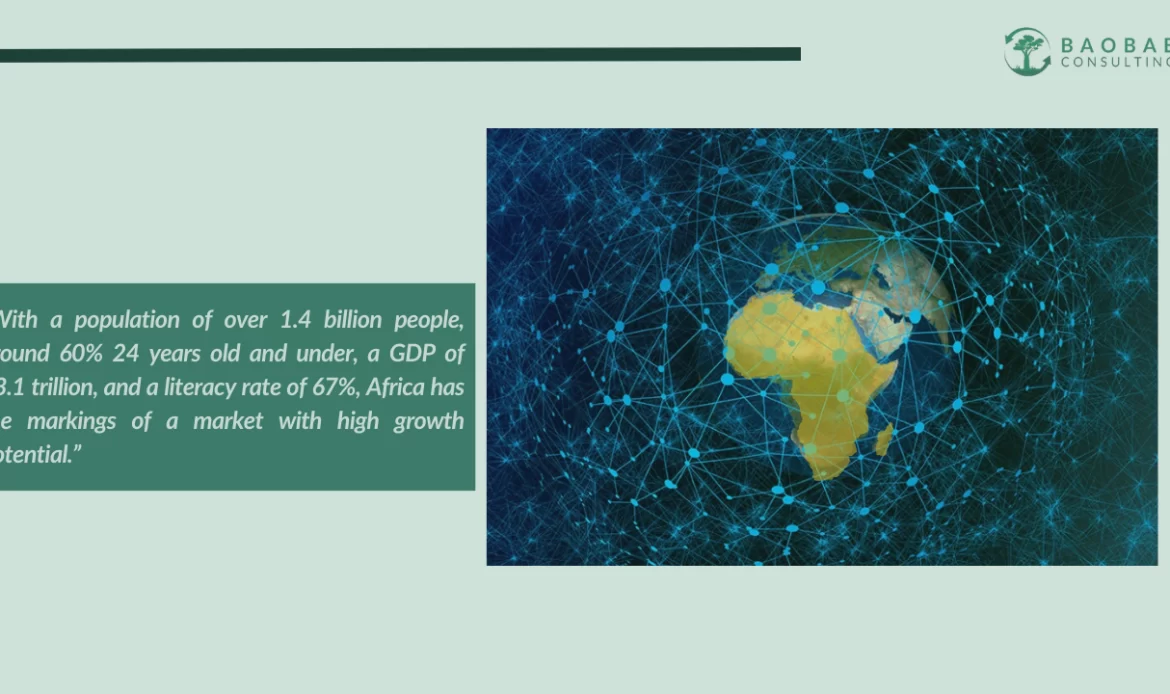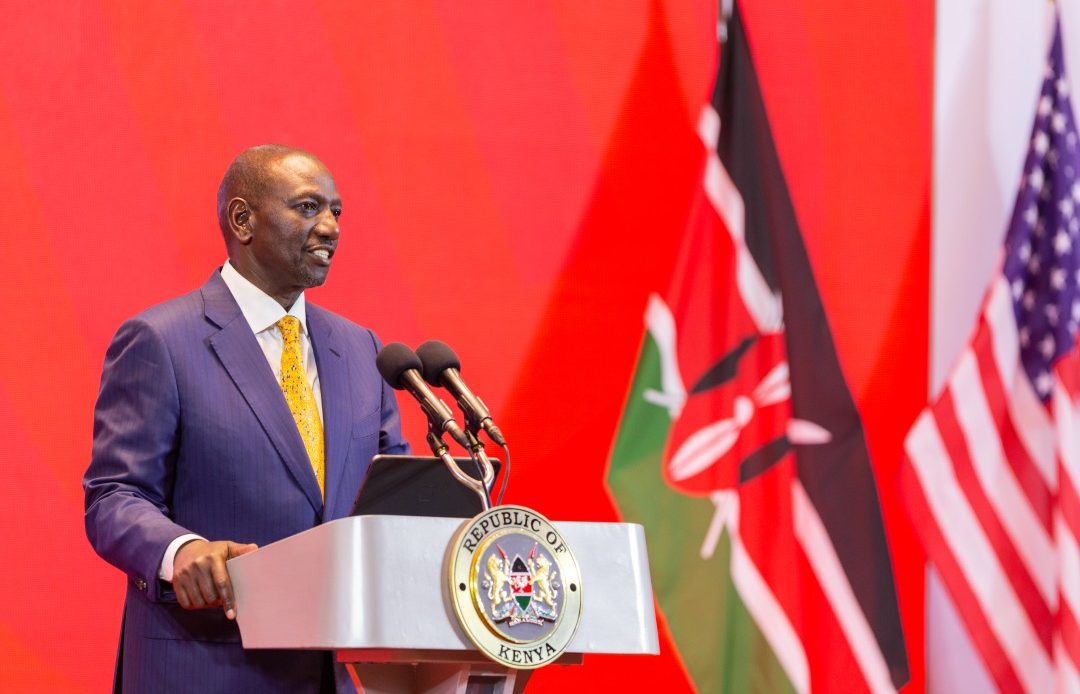Africa is the continent with the youngest population. The African Union estimates the African population at one billion, with 60% under the age of 35.The UN, the African Development Bank, the OECD and others specify that
One of the biggest challenges youth face is unemployment. It is common to see people with Masters degrees waiting years to find a job that uses their skills. I have friends my age and older here in Senegal with impressive qualifications- degrees from within Africa and abroad with internship experiences from top organizations and structures- who are simply waiting for opportunities to make a good living.
African leaders met in Addis Ababa, Ethiopia in 2009 to discuss youth unemployment. They declared 2009-2018 the “African Youth Decade,” proposing an action plan to entitled “
Young people are discouraged knowing very few jobs wait for them after their graduation. The best paying jobs are competitive, and it is generally thought they go to family members and or management’s friends. Knowing this, there are two critical pieces missing in higher education curricula here in Senegal and beyond: entrepreneurship education and networking skills.
Understanding the weakness of the current job market, schools must teach students how to create their own opportunities. In the African Youth Decade Action Plan, there is a point to support youth entrepreneurs through public private partnerships, but nothing about education to manage this. I have spoken to many people here with big ideas on businesses to start, but they lack the skills to create something long term and sustainable. Spending money on youth projects is good, but it will be much more effective if it is paired with entrepreneurial education. By ingraining project management and planning, finance, marketing and communications into studies, youth will be better equipped to create lucrative jobs for themselves and others.
Another gap is the ability of students to network. Young people are often unaware of the importance of networking and how to meet others who can help them advance professionally. Schools and institutions should encourage students to use LinkedIn and other professional social networking sites to connect with classmates, teachers, and organizations. Teach them how networking can be used as a way to learn about potential career paths, learn from the experiences of others and as a way to lead to self-discovery.
This revolution is already beginning, and I am excited to see how things will continue and evolve. Several startup incubators– including
If the creativity and drive of young people is not properly harnessed, we risk losing the productivity of the world’s largest potential work force. Since economic development in Africa will benefit everyone, I highly encourage entrepreneurship and networking skills to be taught in schools, starting at the most basic level.





